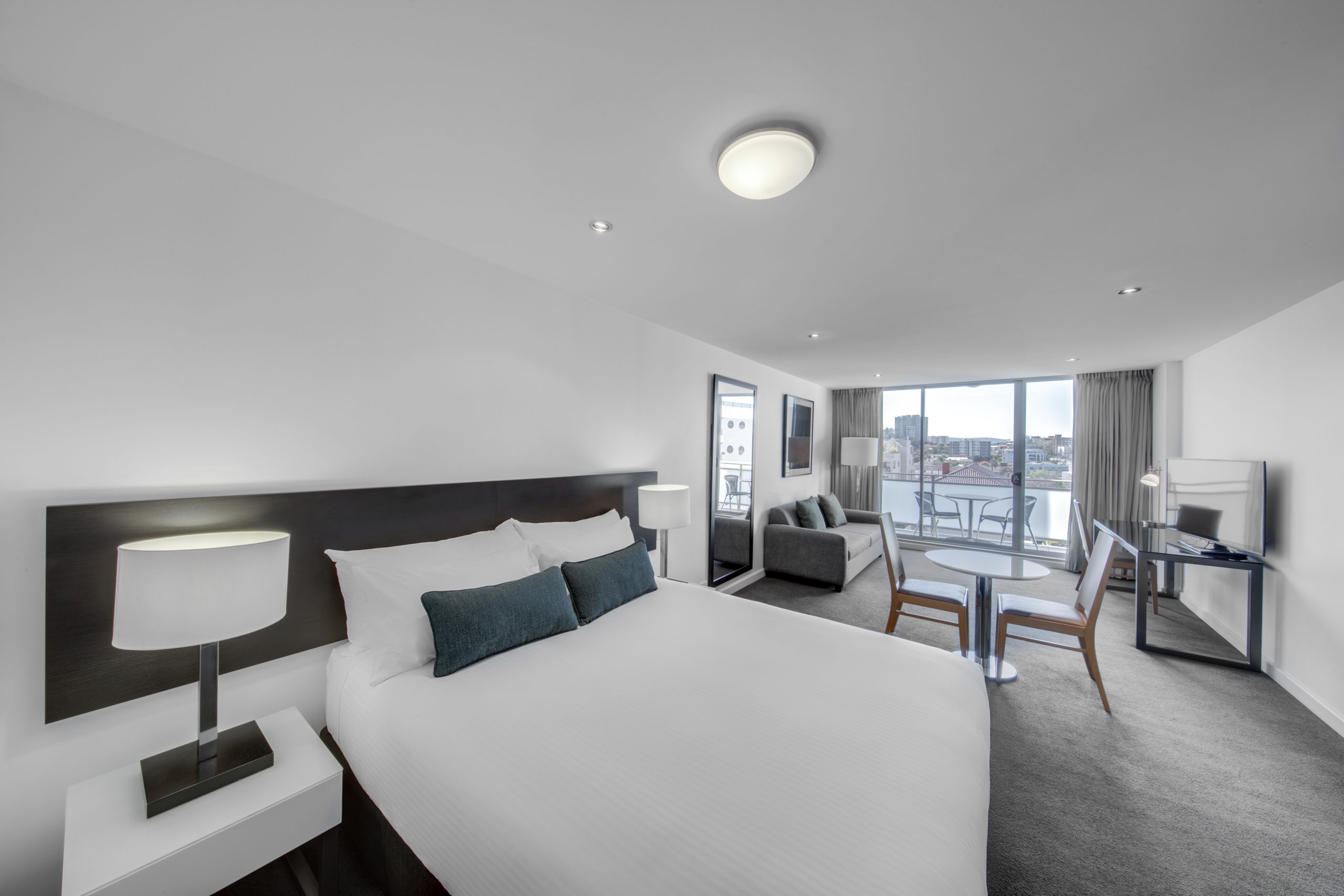Did you know that the word “hospital” comes from the mid-13th century and meant “shelter for the needy”? It was derived from the late-Latin word hospitale which translated as “guest-house” or “inn” and which was eventually contracted in English to “hotel” and “hostel”. (Now we understand how we ended up in hospitality.)
It is strange to see then that we have now come full circle, with hotels sheltering the needy by way of quarantine. Or is it?
When Airbnb first began in 2007, few people would have predicted their success. Hotels were initially very dismissive of their impact – after all, how could this upstart home-share business disrupt hundreds of years of hotel tradition? Airbnb’s original slogan was “AirBed&Breakfast – Forget Hotels” and it seems that quite a number of people did.
Fast forward to now and the impact of Airbnb is everywhere. It has not only spawned a number of copycats but also turbo-boosted the share-economy and allowed guests to come into contact with more local and authentic experiences across a range of services. And hotels are scared.
Having dealt with the impact of OTAs since the late 1990s, hotels have been forced to re-evaluate their reason for existing which has meant a refocus on the guest experience and providing guests with more than just a home-away-from-home. This is not a bad thing at all.
“Hotels are yet again being forced to examine their business and their reason for being”
With Covid-19 impacting the travel industry worldwide, hotels are yet again being forced to examine their business and their reason for being. And it is not just the small players of course. All of the major hotel groups have been badly affected by Covid-19 and all of them have had to make far-reaching changes to the way they work.
One of the biggest change hotels have had to make is in the way that they clean. This is not to say they were not doing well before, but the pandemic has meant that they now not only need to clean more thoroughly but demonstrate it in a way that reassures their customers that they will be staying in a virus-free environment. Accor, Hyatt, IHG, Marriott, Radisson and others have all introduced new initiatives which provide reassurance that their hotels are safe places to be, now and in the future. Of course, Airbnb and its competitors have also introduced initiatives, but I think there is a difference that the hotel industry is not promoting to its advantage.

For the average consumer, when they compare safety and security, do you think they would feel more reassured by a larger hotel’s promise of safety and doing the right thing, or do you think they would rely on a home share owner who is not under the direct control of a hotel group? Large hotel companies are mostly publicly listed and subject to immense scrutiny in areas such as insurance, environmental sustainability and fire life and safety. They are regularly audited and of course are subject to massive amounts of social reviews. Their insurance policies dictate that their hotels must have more than adequate fire protection (sprinklers, fire escapes, firefighting equipment etc) with stringent safety provisions built into each and every hotel. Do home-share properties have this? In most countries, the answer is “no” and in fact Airbnb and similar offerings are generally not subject to the same level of regulation that affect hotels.
“Stand up and stand out from the sharing economy alternatives”
The Covid-19 pandemic, while devastating for many industries and sadly, for many people, has created an opportunity for the hotel industry to really stand up and stand out from the sharing economy alternatives.
Hotels originally started off as a place to look after others and provide shelter for the needy. Now is the ideal time to prove that they have not forgotten their roots.
Author: Dean Minett
